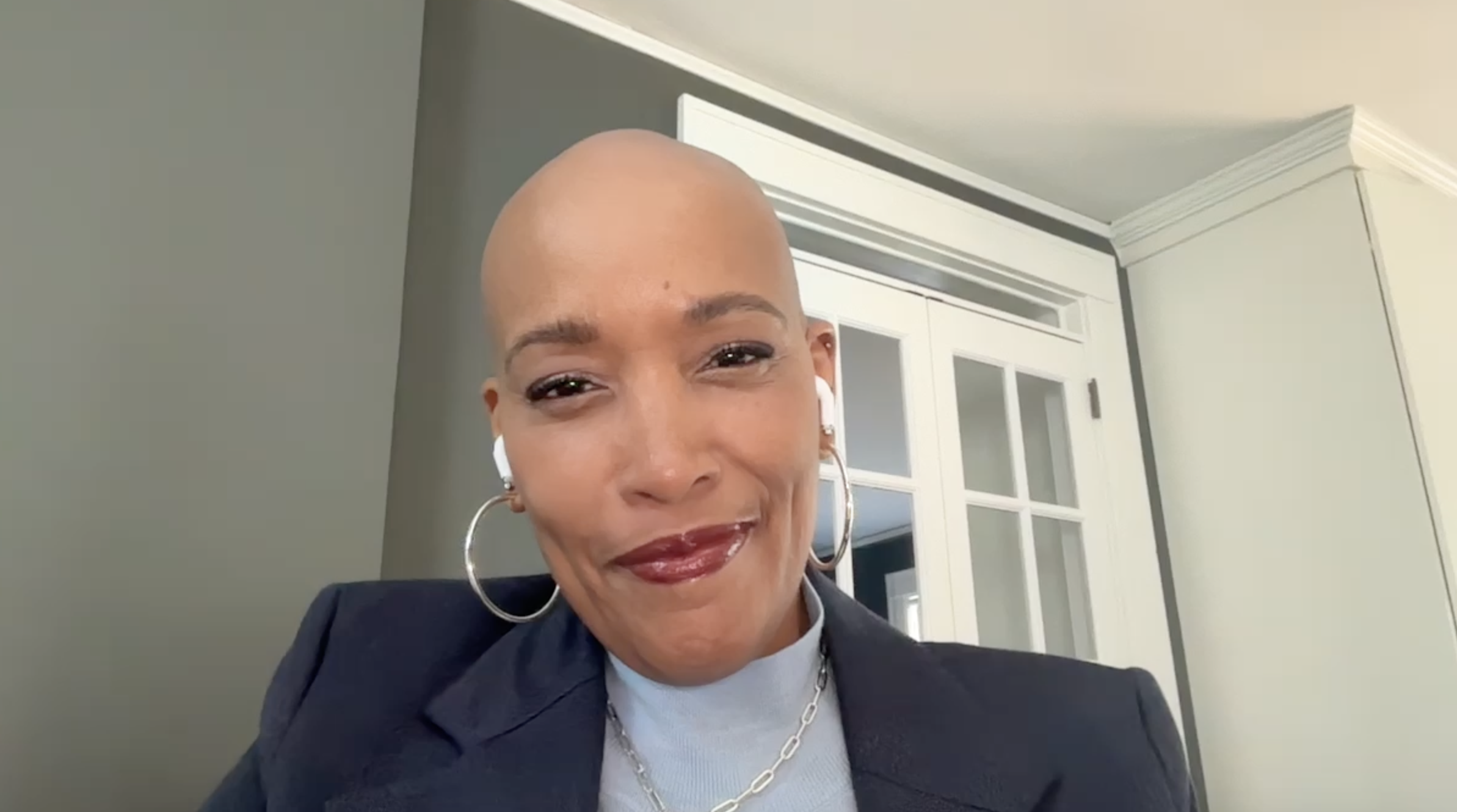
Corporate Coaching
Corporate coaching aims to boost the productivity of an organization’s top people. A good corporate coach will focus on building both skills and abilities so that they have a trickle-down effect on the whole company. Given the enormous level of responsibility, it can be equally as challenging to find the right person for the task at hand.
What Is Corporate Coaching?
Corporate coaching is an engagement that deals with more than one executive, and sometimes, the entire executive team. This is in contrast to executive coaching, which tends to be a one-on-one arrangement. However, there are certain similarities between executive and corporate coaching. A specialist firm will typically offer both types.
Why Is Corporate Coaching Needed?
Despite the connections between executive and corporate coaching, the latter is a distinct and valuable arrangement. Corporate coaches need to expand how they approach performance issues because every team is different. Whereas executive coaching focuses on the individual, a corporate coach also looks at:
- Interpersonal dynamics
- Organizational culture and organizational design
- Office politics
- Holistic performance
Each of these factors has an influence on the productivity, morale, and retention of the executive team. By extension, the attitudes and behaviors of senior leaders can affect the entire company. A qualified corporate coach will be able to:
- See the challenges to the executive team as a whole
- Provide effective ideas for improvement
- Ensure that the whole team resolves barriers
How Does Corporate Coaching Work?
An emphasis on the team, rather than the individual, makes a big difference in the process. The main goal is to enable the team to operate more effectively, but without blaming individuals or hurting careers.
Coaches can still use traditional frameworks during meetings. For instance, there is the very popular GROW model:
Goal – What do you want?
Reality – Where are you now?
Options – What could you do?
Will – What will you do?
But the challenge even with this basic model is to arrive at a consensus. There can be huge disagreement even around the question “what do you want?”, because people on the team might put the responsibility for poor performance on others.
Obviously, there will be some truth in whatever is being said. It is the task of a skilled professional to understand the real reasons behind low productivity (or whatever issue ends up being the truth). For this reason, a coach might switch between individual and group encounters.
Individual vs. Group Formats
A corporate coaching engagement can take on a variety of formats. Group meetings are an important part, but can be a delicate issue. If there are dominant people on the team, they might intimidate others so that communication and honesty are limited.
For this reason, the expert will also meet individually with team members. The purpose is not to talk about mistreatment or jealousy. It is to discuss what the individual can do to improve the situation.
But, as stated, there is no blame game to be played. Instead, the coach will concentrate on a process of self-analysis and realization. For example, if there is a dominant person in the group, the coach will ask them how they feel about their behavior, with the objective of that person realizing the effect they have. The next step would be to come up with ideas about how the executive might be less aggressive, and then they would practice their new approach in a group setting. The idea is not to crush their energy or dedication. Instead, it is to adapt their behavior for the benefit of the team.
What Makes a Good Corporate Coach?
Corporate coaches have a lot riding on them. Obviously, a group of executives has found it necessary to hire someone, which interferes with their busy schedules. This can happen in a case of declining performance, the need to increase competitiveness, disintegrative conflict, rapid succession, and other critical situations. Plus, at the end of the day, the future of the entire company might depend on the outcome. So the choice of coach is extremely important. A top-notch corporate coach will have some, or all, of the following qualifications:
- Experience working with large organizations
- A history of mentorship to understand issues specific to the industry or company (unless the company prefers a “clean” method)
- A feeling of “chemistry” with the executive team
- A high level of organizational ability to keep the process going despite tight schedules and multiple individuals
- Integration of technology to make the experience more convenient, scalable, and reviewable
- A performance-based grading system to assess both the executives and the coach to prove ROI or other informative metrics
Coaching with GrowthSpace
Corporate coaching is a necessity for any organization that wants to excel. You might even say, the better the coach, the better the corporation. But how do you figure out which coaches to hire?
GrowthSpace is a leading platform for customized talent development. It provides a global network of ICF-certified coaches, each of whom are vetted and graded by previous clients. Because the GrowthSpace database includes coaches from across the world, you’ll be sure to find renowned specialists in the skill areas you need, plus preferred languages and locations. Looking to grow corporate skills? Get in touch with GrowthSpace.


